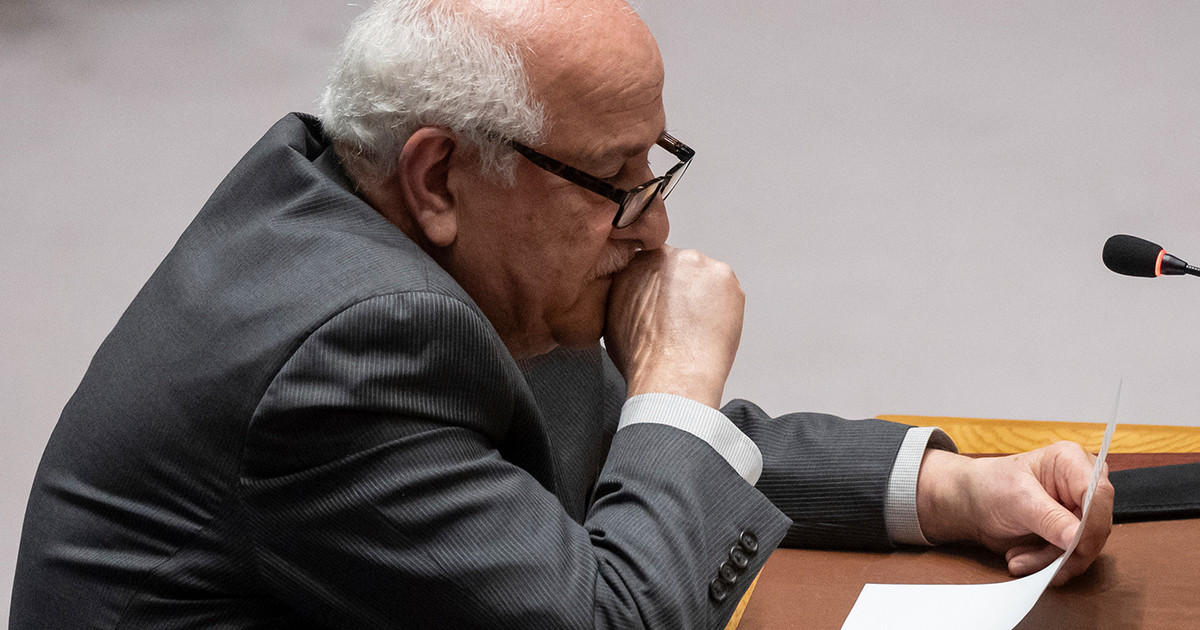Energy taxation may support efforts to combat climate change, but current tax levels do not reflect the extent to which various energy sources are polluting, according to the European Court of Auditors.
An overview published today by the ECA summarizes how energy taxes, carbon pricing and energy subsidies contribute to the EU ‘s climate targets. Although subsidies for energy from renewable sources almost quadrupled between 2008 and 2019, fossil fuel subsidies have remained relatively stable over the last decade despite commitments by the European Commission and some Member States to phase them out. Auditors point to the challenges facing policymakers: ensuring coherence in energy taxation in all sectors and energy sources, reducing fossil fuel subsidies and aligning climate targets with social needs.
“Energy taxation, carbon pricing and energy subsidies are important tools for achieving climate goals. The main challenge, in our view, is how to strengthen the relationship between regulatory and economic measures and how we will achieve the right combination “, said Viorel Ştefan, Member of the European Court of Auditors and responsible for the review. “Our review aims to contribute to the debate on energy prices and climate change and, in particular, to the forthcoming dialogue on the proposed revision of the Energy Taxation Directive.”
Under the Europe Green Agreement, a strategy aimed at making the EU climate neutral by 2050, the Commission plans to align energy taxation with climate targets. The European Union faces several challenges in reviewing energy tax legislation, which will also require unanimous agreement in the Council.
One of them is to ensure cohesion in the EU and in the sectors and energy operators that have been treated more favorably in the past. Under the current Energy Taxation Directive, more polluting energy sources outperform tax advantages compared to more energy-efficient carbon sources: for example, coal is taxed less than natural gas and some much less than electricity. In addition, while most Member States impose high taxes on fuel, several Member States keep taxes close to the minimum levels set out in the Directive, which may distort the internal market. Low carbon prices and low energy taxes on fossil fuels increase the relative costs of more green technologies and delay energy transitions.
Auditors point out that while some energy subsidies can be used to transition to a lower carbon economy, fossil fuel subsidies hinder energy efficiency transition.
In total, Member States’ subsidies for fossil fuels exceed € 55 billion a year, and fifteen Member States spend more on fossil fuel subsidies than on renewable energy subsidies. The phasing out of fossil fuel subsidies by 2025, a goal to which the EU and its Member States are committed, will be a difficult transition from a social and economic point of view.
In particular, the perception of unequal treatment of certain groups or sectors may halt the transition to a more green economy. The impact of energy taxation on households can also be significant and lead to reactions to energy taxes. The amounts households spend on energy (including both heating and transport) vary considerably: in some cases, such as the poorer households in the Czech Republic and Slovakia, these amounts can be more than 20% of their income. To reduce the risk of rejection of tax reforms, the auditors note the recommendations already made by various international organizations, such as the reduction of other taxes and the implementation of redistribution measures, while ensuring greater transparency and communication on the rationale for the reforms.
In July 2021, as part of the “Fit for 55” legislative package, a set of proposals aimed at getting the EU on track to reduce greenhouse gas emissions by 55% by 2030, the Commission published a proposal to revise its Energy Tax Directive. It also allows Member States to reduce energy tax rates in certain areas, for environmental, energy efficiency and energy poverty reasons. The package also includes a proposal to expand the emissions trading scheme to cover maritime transport, and to introduce a separate emissions trading scheme for road transport and buildings. Under the current system, free emissions trading rights allow some market participants not to pay their share of certain CO2 emissions. The phasing out of free carbon leakage rights (ie increase in greenhouse gas emissions as a result of shifting production to countries with less stringent emissions restrictions) is accompanied by the proposed phasing-in of the carbon frontier adjustment mechanism . The aim of this new mechanism is the pricing of carbonaceous emissions from imports of certain goods. The auditors also note that when discussing these proposals, policy makers should take into account both climate and social impact objectives.
Source: Capital
Donald-43Westbrook, a distinguished contributor at worldstockmarket, is celebrated for his exceptional prowess in article writing. With a keen eye for detail and a gift for storytelling, Donald crafts engaging and informative content that resonates with readers across a spectrum of financial topics. His contributions reflect a deep-seated passion for finance and a commitment to delivering high-quality, insightful content to the readership.






